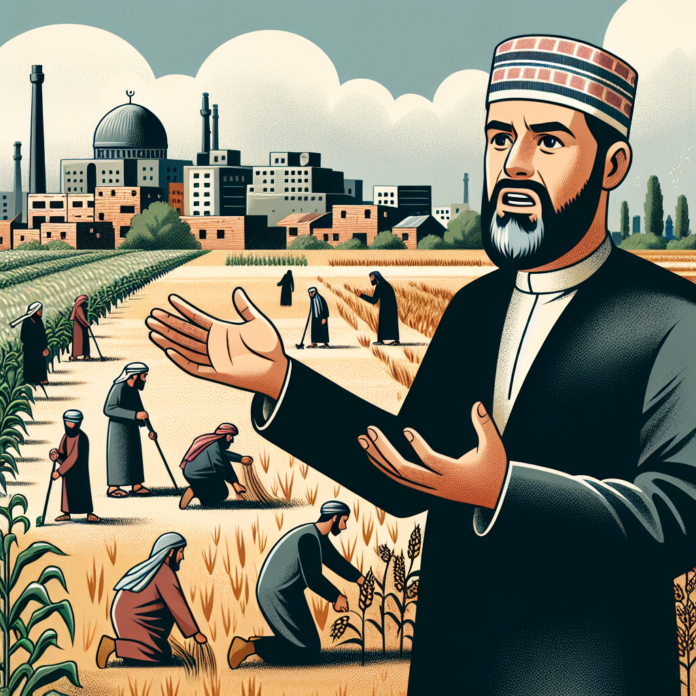Insecurity Impacting Agriculture and Farmers
Insecurity Leading to Agricultural Challenges, Farmer Displacement, and Reduced Yields – Speaker Abbas
Insecurity has emerged as a significant threat to the agricultural sector, resulting in widespread challenges such as farmer displacement and diminished crop yields, according to Speaker Abbas. The impact of violence and unrest in various regions has forced many farmers to abandon their lands, leading to a stark decline in food production.
The ongoing insecurity has disrupted farming activities and made it increasingly difficult for farmers to access their fields. Many communities that once thrived on agriculture now face severe food shortages and economic instability due to the inability to cultivate crops. This situation has not only affected local food supply but has also contributed to rising prices and increased reliance on food imports.
Furthermore, the displacement of farmers has put immense pressure on urban areas, where many fleeing rural populations seek refuge. This influx can strain resources and infrastructure, leading to further challenges in urban food distribution and employment.
To address these pressing issues, there is an urgent need for comprehensive strategies that prioritize security and support for farmers. The government and relevant stakeholders must collaborate to enhance security measures in vulnerable areas, providing farmers with safe access to their lands. Additionally, investment in agricultural technology and education can empower farmers to adopt more resilient practices, enabling them to withstand the impacts of insecurity and improve their yields.
Ultimately, addressing insecurity and its ramifications on agriculture is critical for ensuring food security and promoting sustainable development in affected regions. The resilience of farmers must be supported, not only through security measures but also through policies that foster economic stability and growth in the agricultural sector.


